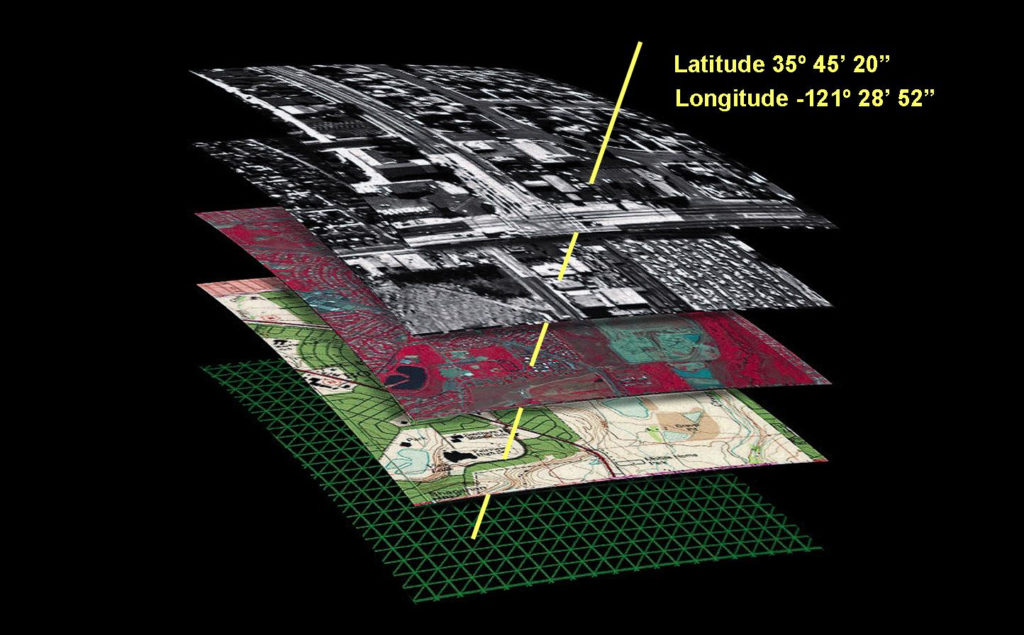Unveiling the Power of GIS: Exploring Career Opportunities, Salaries, and Education in the Geospatial Field
Introduction: In today’s technology-driven world, Geographic Information Systems (GIS) have emerged as powerful tools for analyzing and visualizing spatial data. GIS professionals play a crucial role in various industries, making informed decisions based on location intelligence. If you’re curious about GIS and the exciting career prospects it offers, this blog post will be your guide. We will delve into what GIS is, explore the diverse career opportunities and salaries, discuss the required education and skills, and highlight the importance of developing relevant educational programs to meet the growing demand.
-
Understanding GIS: GIS, or Geographic Information Systems, is a technology that captures, analyzes, and presents geospatial data on digital maps. It integrates various data sources, such as satellite imagery, survey data, and demographic information, to provide valuable insights into spatial patterns and relationships. GIS enables professionals to solve complex problems, optimize resources, and make informed decisions based on location-based intelligence.
-
Career Opportunities and Salaries: The demand for GIS professionals continues to grow across industries. Here are some of the diverse career paths and their associated salary ranges:
-
GIS Analyst: An entry-level role that involves data collection, analysis, and map production. Salaries range from $45,000 to $70,000 per year.
-
GIS Specialist: A mid-level position that focuses on advanced analysis, database management, and GIS project coordination. Salaries typically range from $65,000 to $90,000 per year.
-
GIS Manager: A leadership role responsible for overseeing GIS projects, managing teams, and strategic planning. Salaries can vary from $80,000 to $120,000 per year or more, depending on the organization and level of experience.
-
GIS Developer: Involves designing and implementing GIS applications, customizing software, and programming. Salaries range from $70,000 to $110,000 per year, with potential for higher earnings based on expertise.
- Education and Skills: To pursue a career in GIS, a solid educational foundation is crucial. While specific requirements may vary, a bachelor’s degree in GIS, geography, environmental science, computer science, or a related field is typically preferred. However, some positions may require a master’s degree for advanced research or specialized roles.
Key skills for GIS professionals include:
-
Proficiency in GIS software and tools such as ArcGIS, QGIS, or other industry-standard platforms.
-
Spatial analysis and data visualization expertise to interpret and present geospatial data effectively.
-
Strong problem-solving and critical thinking abilities to tackle complex spatial challenges.
-
Understanding of database management, programming languages, and scripting (e.g., Python) to manipulate and automate GIS workflows.
- Developing GIS Education Programs: As the demand for GIS professionals continues to rise, it’s crucial to develop relevant educational programs that prepare students for the field. Some essential classes that could be incorporated into GIS education programs include:
-
Introduction to GIS: A foundational course that covers the principles, concepts, and applications of GIS technology.
-
Spatial Analysis and Modeling: Focuses on advanced techniques for spatial analysis, modeling, and geoprocessing.
-
Remote Sensing and Image Analysis: Explores the acquisition, interpretation, and analysis of remote sensing data for GIS applications.
-
GIS Programming and Web Mapping: Teaches programming languages and web development skills to create custom GIS applications and interactive maps.
-
Data Management and Database Design: Covers the principles of geospatial database management and design, including data integration and quality assurance.
Conclusion: GIS is a fascinating field with abundant career opportunities and competitive salaries. Whether you’re interested in environmental management, urban planning, business analysis, or countless other sectors, GIS skills can open doors to diverse
